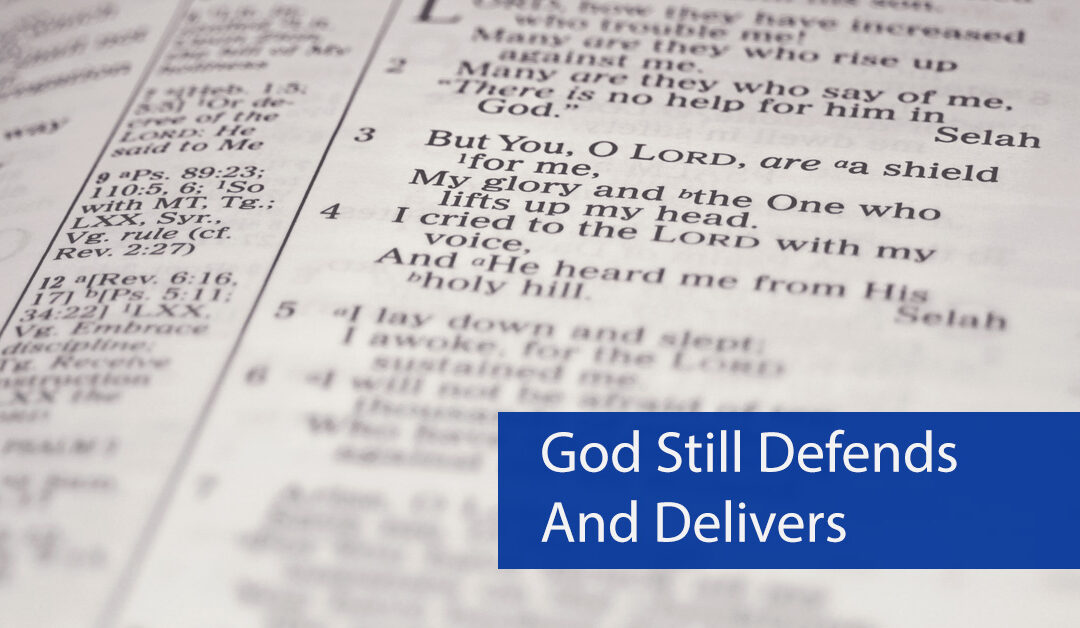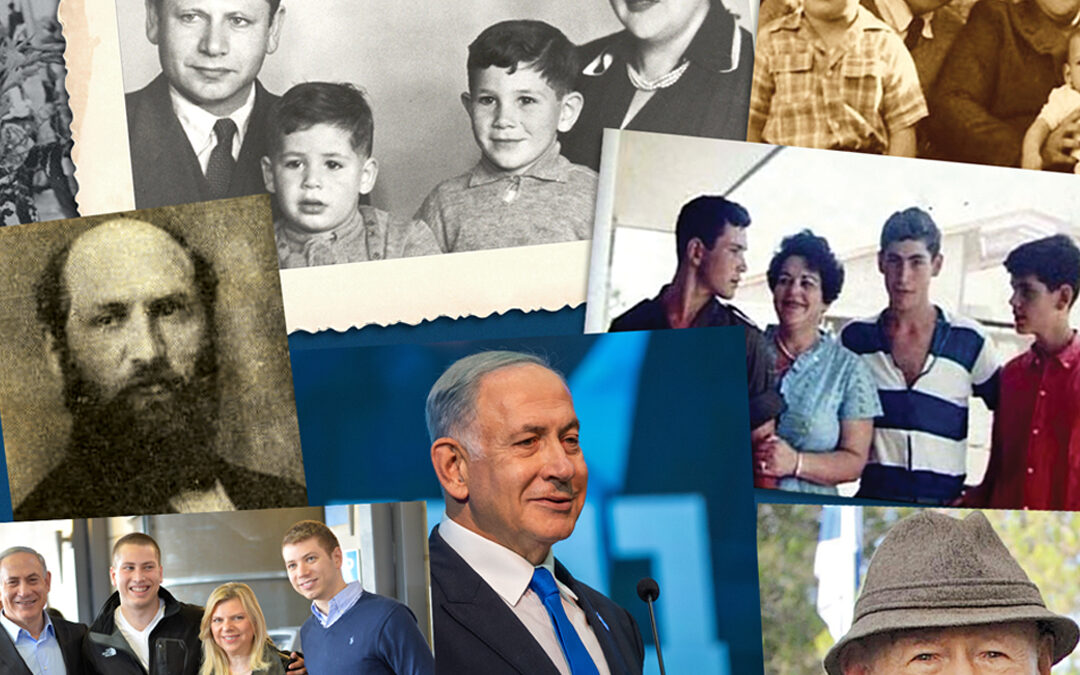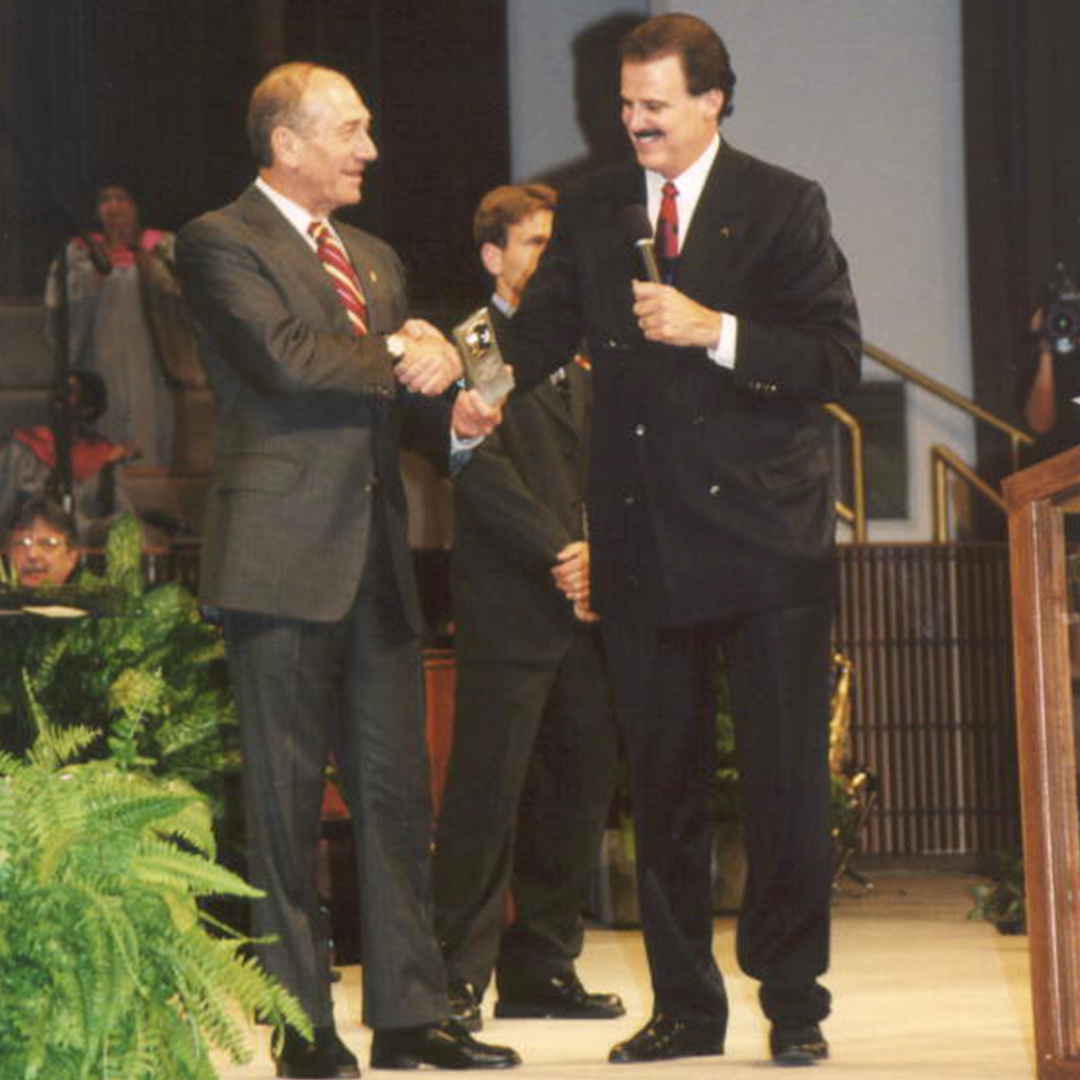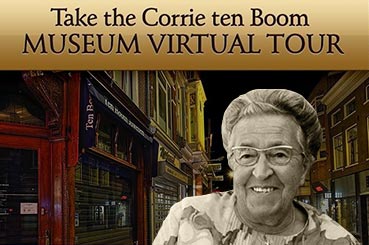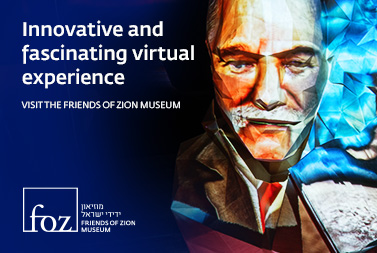As tensions mounted in the period leading up to the American Civil War, many sought a way to avoid open conflict. Others, realizing that some causes demanded a decision, called on the nation to take a stand. One of those voices was that of the poet James Russell Lowell who wrote in The Present Crisis this summation of the decision facing each individual:
“Once to every man and nation comes the moment to decide, In the strife of Truth with Falsehood, for the good or evil side.”
What was true in America’s history is true of other nations as well. In moments of destiny and crisis, some shrink back from the sacrifices demanded, while others step forward and answer the call. The names of those who shirk are lost to us, but those who devoted their lives to great causes shine brightly from the pages of history.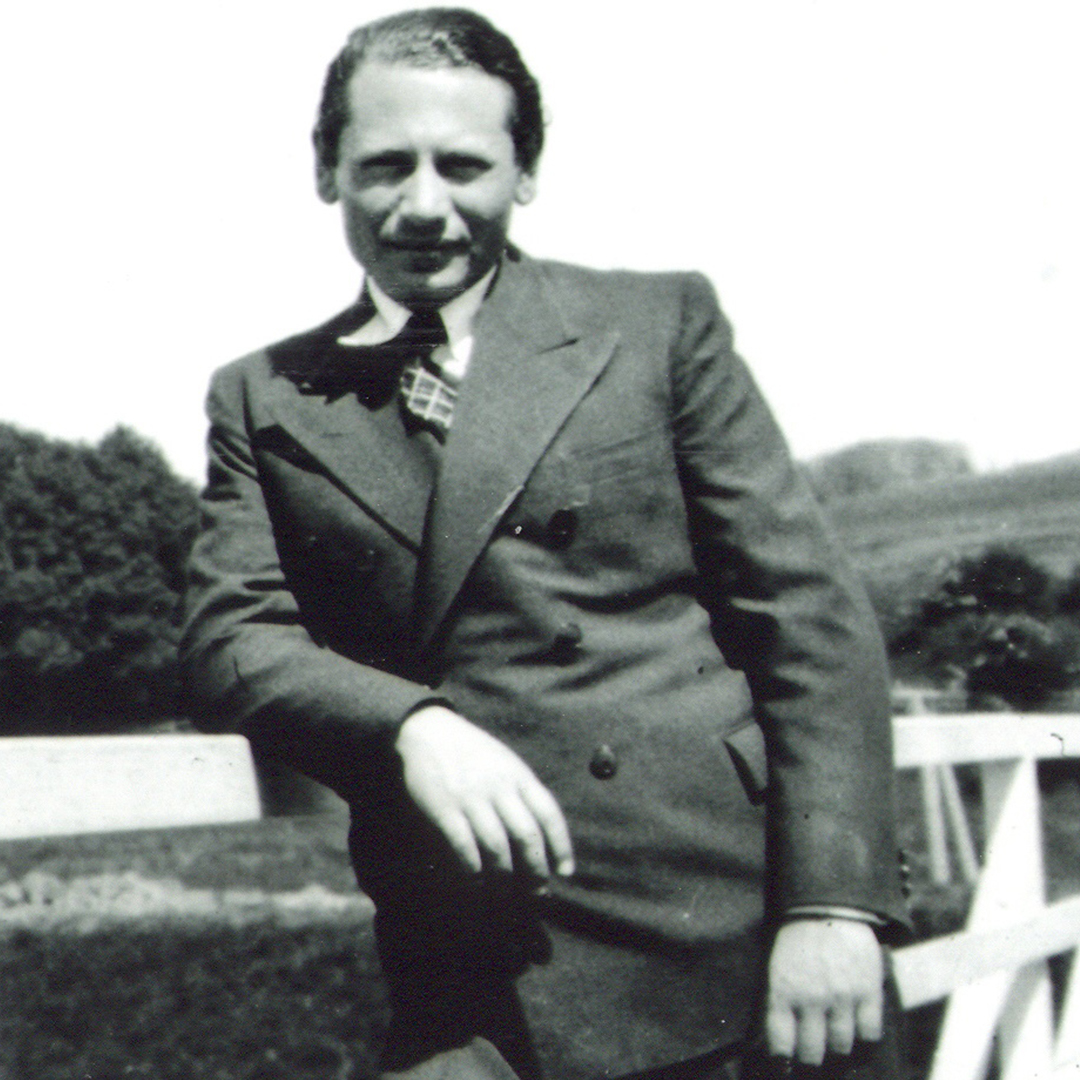
No family in the history of the modern Jewish state shines more brightly than the Netanyahu family. For decades, they have been leaders in the fight first for Israel to be reborn and then for the fledgling nation to survive the constant onslaught of enemies. Three generations of remarkable men have faced the moment of decision—and taken a stand, even at great personal cost. These are their stories.
Rabbi Nathan Mileikowsky – A Rabbi Who Had a Dream
In a speech to the United Nations a few years ago, Prime Minister Benjamin Netanyahu revealed an episode from his grandfather’s life that says so much about the essential need for the nation of Israel to exist. Mr. Netanyahu said: “Ladies and gentlemen, one cold day in the late 19th century, my grandfather Nathan and his younger brother Judah were standing in a railway station in the heart of Europe. They were seen by a group of anti-Semitic hoodlums who ran towards them waving clubs, screaming ‘Death to the Jews.’
“My grandfather shouted to his younger brother to flee and save himself, and he then stood alone against the raging mob to slow it down. They beat him senseless; they left him for dead; and before he passed out, covered in his own blood, he said to himself, ‘What a disgrace, what a disgrace. The descendants of the Maccabees lie in the mud, powerless to defend themselves.’
“He promised himself, then, that if he lived, he would take his family to the Jewish homeland and help build a future for the Jewish people. I stand here today as Israel’s prime minister because my grandfather kept that promise.”
Born in what is now Belarus (then part of Russia) in 1879, Nathan Mileikowsky learned early what it meant to be Jewish in an anti-Semitic world. His family, like most of the Jews living in Russia, was forced to live in a region known as the Pale of Settlement. In addition to restricting Jewish business opportunities and livelihoods, it made them easy targets for the pogroms as anti-Semites launched waves of assaults against the Jewish people.
Mileikowsky was brilliant even as a young boy and was sent to yeshiva when he was ten for the training that would prepare him to be a rabbi. During his schooling, he learned of the then-new Zionist movement, and even as a teenager became an ardent supporter of the cause of returning the Jewish people to their ancient homeland.
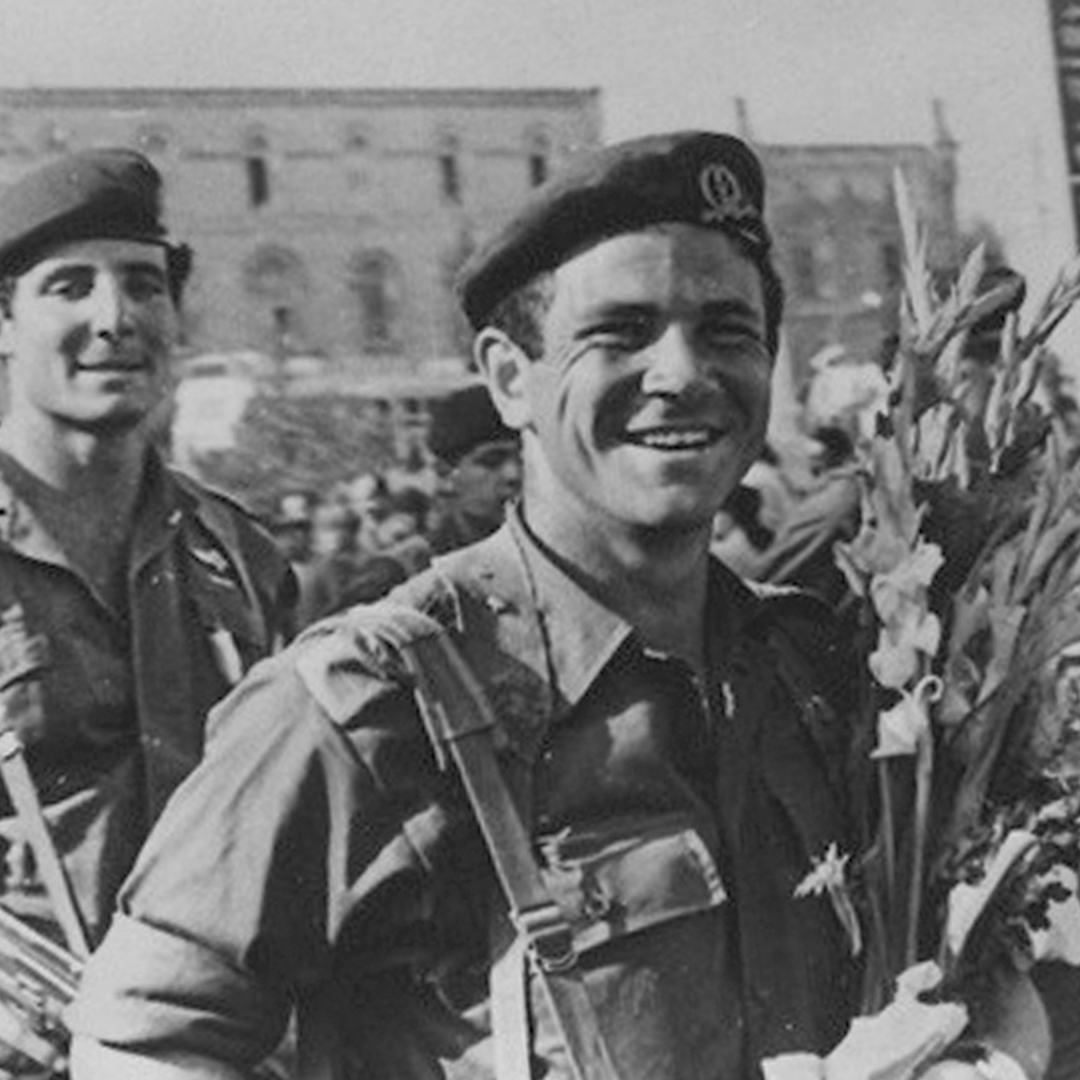 He made repeated trips across Russia, speaking out in favor of Zionism and encouraging Jewish people to support the idea. He was a regular at the Zionist Conferences and a vocal opponent of the Uganda Plan—a compromise that suggested setting up a Jewish state in central Africa rather than in Israel. In 1908, Mileikowsky moved to Poland, where he remained active as a leader in the Zionist movement.
He made repeated trips across Russia, speaking out in favor of Zionism and encouraging Jewish people to support the idea. He was a regular at the Zionist Conferences and a vocal opponent of the Uganda Plan—a compromise that suggested setting up a Jewish state in central Africa rather than in Israel. In 1908, Mileikowsky moved to Poland, where he remained active as a leader in the Zionist movement.
Unlike most Jewish people and rabbis of the time, Mileikowsky presented his sermons in Hebrew rather than Yiddish, and according to his son Benzion, the family spoke Hebrew at home as well. Two years after the end of World War I, with Great Britain in control of what was then-known as Mandatory Palestine, Nathan Mileikowsky and his family moved to Israel.
There, Mileikowsky taught school and became a prolific author. It was during this time that he began signing many of his articles with the name Netanyahu. In the 1920s, Mileikowsky began traveling and raising money for the Jewish National Fund. He was a popular speaker in both England and the United States. Hundreds of speeches helped encourage many Jewish people to move to Israel and provided the funds for the purchase of land. A collection of his speeches was published in 1928 as the book Nation and Land. Until his death in 1935, Mileikowsky remained a leading voice for the rebirth of Israel. The driving force of his vision and personality helped shape the future Jewish state.
Benzion Netanyahu – A Scholar with a Warrior’s Spirit
The father of Israel’s current Prime Minister was not born a Netanyahu. The name was chosen by his father Rabbi Nathan Mileikowsky when the family moved to what was then known as British Mandate Palestine in 1920. Benzion had been born in Warsaw, Poland, in 1910, but along with the rest of his family took on the name Netanyahu, meaning “gift from God,” along with his brothers.
Benzion was a gifted student who excelled in his studies at the Hebrew University in Jerusalem. Following a stint as the editor for several Zionist papers and magazines, Benzion moved to America just before the outbreak of World War II. He was active in Zionist circles in New York and served as the executive director of the New Zionist Organization of America. In addition, he completed work on a Ph.D. at Dropsie College in Philadelphia.
He returned to Israel after the establishment of the Jewish state in 1948 and resumed his teaching and writing work. He served as editor in chief for the Encyclopaedia Hebraica, a comprehensive Hebrew language encyclopedia, for a number of years. In the late 1950s, Benzion Netanyahu returned to the United States where he taught Hebrew literature and Jewish history at Dropsie College, the University of Denver, and finally at Cornell University.
He wrote several books, and his best-known work Origins of the Inquisition in Fifteenth Century Spain is still considered one of the landmarks of study in the field. Netanyahu was a careful scholar, but his work was not always well received by those who did not accept his conclusion that Jewish history was “a history of holocausts.”
Following the death of his oldest son Yonathan in the Entebee raid that freed Israeli passengers from Palestinian terrorists in 1976, Benzion returned to Israel where he lived for the rest of his life. More than 40 years ago, I rang his doorbell after reading an article about the anniversary of his son’s death. I introduced myself, and he very politely invited me, a complete stranger, into his home and offered me tea. It was on that day that I met his second son Benjamin and prayed over him, anointed him with oil, and prophesied that he would serve as Prime Minister of Israel.
Benzion had not been successful in his attempts to enter politics, and his son was not involved in the field at all on that day (he was selling furniture). But the next day, I met with then-Prime Minister Menachem Begin and asked him to find a place for Benjamin in his administration. That meeting—which the world would call chance, but which I know was directed by the hand of God—has had a powerful impact on Israel and still is having one today.
Benzion Netanyahu was a clear-eyed man. He had no illusions about the intentions of the enemies of Israel or their willingness to carry out their evil schemes. He once said, “There is no doubt that the vast majority of Arabs would choose to exterminate us if they had the option to do so.” And sadly, he was right. Benzion did much to call the attention of the world to the evil treatment the Jewish people have received in both the past and the present. He died in 2012 at the age of 102.
Yonathan Netanyahu – A Man Willing to Pay the Price
Yonathan Netanyahu, the oldest son of Benzion and Zila Netanyahu, was born in New York City in 1946. His parents were there to work for the creation of a Jewish state. Yoni, as he was known, was named for a Christian Zionist, Colonel John Henry Patterson. In fact, he and Benzion Netanyahu were such close friends that Benzion asked Colonel Patterson to be Yoni’s godfather.
Yoni followed in his godfather’s military footsteps, serving with valor and distinction in both the Six-Day War (1967) and the Yom Kippur War (1973). In 1975, Yoni was appointed as commander of the Saveret Matkal commando team with which he had served. Though most of the operations of the Saveret Matkal remain classified almost 50 years later, it is known that Yoni and his unit were very active in fighting against the PLO in the early 1970s, especially after the Black September raid on the Munich Olympics that killed eleven Israeli athletes and coaches.
On June 27, 1976, an Air France flight leaving Israel was hijacked by Palestinian terrorists and flown to Entebbe, Uganda. The dictator there, Idi Amin, welcomed the terrorists and backed them up with Ugandan troops. More than 100 Israelis were being held. The threat was that they would be killed unless the government released Palestinian prisoners.
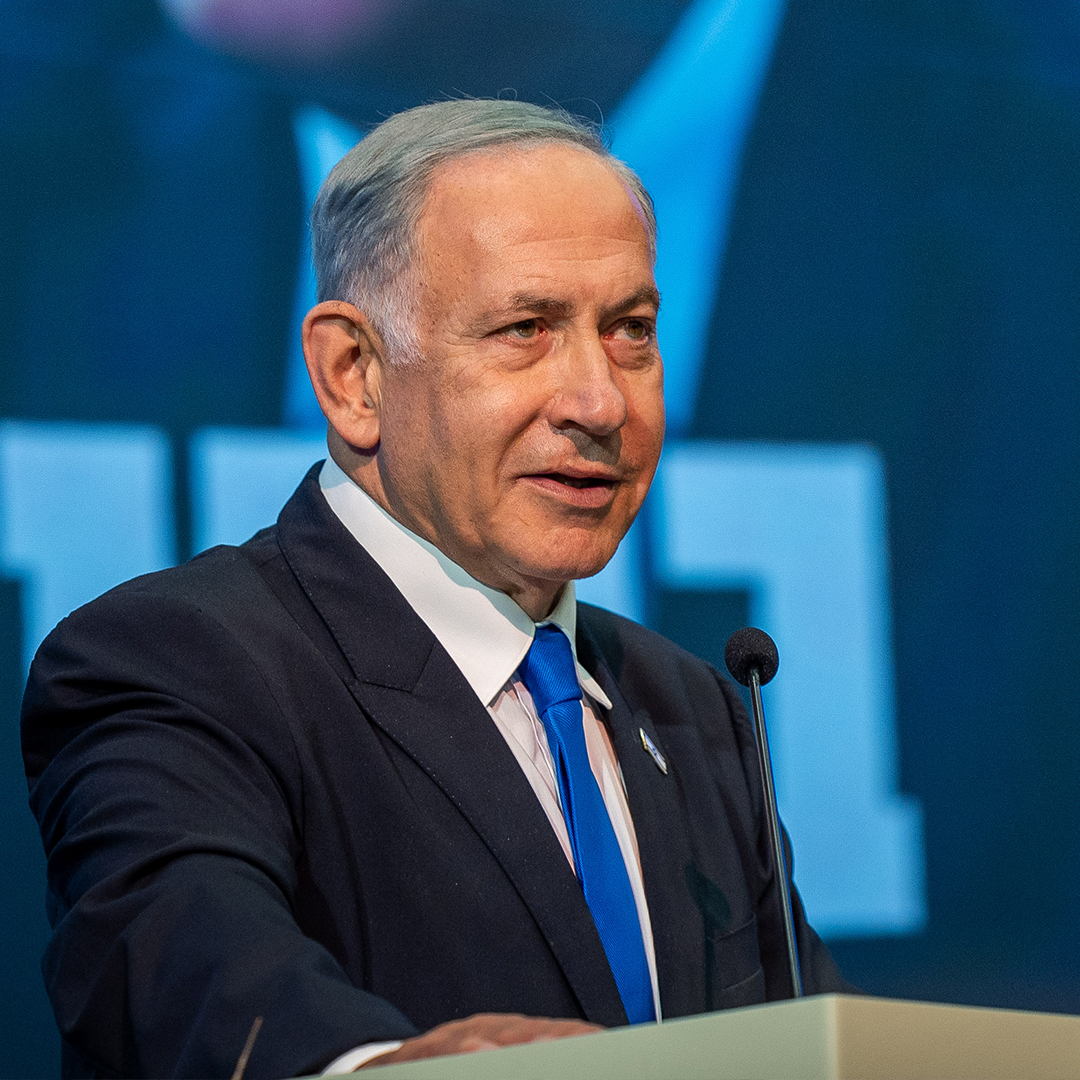 On July 1, Yoni was ordered to draw up plans for a potential rescue operation. He and his top advisers quickly considered options. They constructed a replica of the terminal building so they could assess different approaches. The commando unit rehearsed possible approaches for most of the next day, before Yoni went before the leaders of Israel’s military to brief them on the plan. On July 3, the Israeli government met in secret session and after a lengthy debate approved the plan. Yoni and his commando team were already on four planes and flying toward Uganda. They would have been called back had the vote gone against the attempt.
On July 1, Yoni was ordered to draw up plans for a potential rescue operation. He and his top advisers quickly considered options. They constructed a replica of the terminal building so they could assess different approaches. The commando unit rehearsed possible approaches for most of the next day, before Yoni went before the leaders of Israel’s military to brief them on the plan. On July 3, the Israeli government met in secret session and after a lengthy debate approved the plan. Yoni and his commando team were already on four planes and flying toward Uganda. They would have been called back had the vote gone against the attempt.
The raid was carefully timed to begin just after midnight, early on the morning of July 4. The team had procured vehicles like those used by the Ugandan army so that the terrorists would not immediately recognize they were under assault. Nearly everything about the raid worked perfectly as they had planned. For example, as the vehicles advanced down the runway toward the terminal, there were two Ugandan guards exactly where they were expected to be. One of the members of the raid team later said, “When I saw those two guards waiting for us, like the guards that Yoni had placed in the rehearsal, I knew that this operation would succeed.”
As the commandos made their way toward the building, Yoni was seriously wounded by terrorist gunfire. But his team, in keeping with the instructions he had issued before the battle, did not stop to care for him. The safety and rescue of the hostages was their priority. The men made their way inside and killed all of the terrorists. Yoni was still alive when they returned, but the efforts of the doctors on the plane to save his life failed, and he was pronounced dead on the return trip to Israel.
In his diary, Shimon Peres recounted hearing the news: “At four in the morning, Motta Gur came into my office, and I could tell he was very upset. ‘Shimon, Yoni’s gone. A bullet hit him in the heart…’ This is the first time this whole crazy week, that I cannot hold back the tears.”
In the end, 102 of the 106 hostages were rescued alive, and the Israeli commandos only lost one soldier: their leader, Yoni Netanyahu. Yoni’s body was flown back to Israel, and he was buried on Mt. Herzl. In 2016 on the 40th anniversary of that raid, a memorial was dedicated in Uganda at the old airport. At the ceremony, Prime Minister Netanyahu said that there is not a day that goes by when he does not think of his older brother and the sacrifice that he made for the sake of his people.
Benjamin Netanyahu – A Leader for a Prophetic Moment
Benjamin Netanyahu is the first Israeli prime minister to be born in the newly reborn nation of Israel. He spent much of his youth in the United States, where his father was teaching and writing. Netanyahu returned to Israel and served with distinction in the Israel Defense Forces. He joined his older brother Yonathan in the Sayeret Matkal (the unit) special forces, and took part in a number of operations that are still classified. Benjamin was wounded during Operation Isotope in 1972.
Netanyahu finished a four-year degree at MIT in two and a half years—even with taking time off to fight the Yom Kippur War. He left the military with the rank of captain. After a stint as a management consultant with Boston Consulting Group (where he became close friends with Mitt Romney), Netanyahu returned to Israel. After working in a number of government positions, Netanyahu entered elective politics in 1988.
He became the leader of the Likud political party in 1993, and in 1996, he became the youngest prime minister in Israel’s history. After his first term as prime minister, he held various positions in the Israeli government, including Foreign Affairs Minister and Finance Minister. In 2009, he returned to the prime minister’s office and was reelected in 2013 and again in 2015. In 2022, after he led his party and allies to a resounding victory, his fifth election to the position broke a tie for the record with David Ben-Gurion for most times elected to the office, and he is already the longest serving prime minister in Israel’s history
In a world filled with leaders who value acceptance and praise over truth, Prime Minister Netanyahu is noteworthy for his willingness to speak truths that most would prefer to avoid. He does not shrink from identifying threats to his nation or to world peace and is willing to call evil by its rightful name.
This has not made him popular among world leaders who prefer to appease and placate evil rather than confront it. It is not uncommon for his speeches at world bodies like the United Nations to be delivered to half empty rooms as many diplomats and world leaders walk out rather than listening to the pointed delivery of the truth. Often, I have been at world gatherings where open contempt and hostility toward Prime Minister Netanyahu has been evident.
But there are other more tangible threats facing the prime minister…and his family…as well. Last year, terror groups targeted the Netanyahu’s three children, posting their pictures in online forums and chat rooms and urging attacks against them. The daily reality of life in Israel renders every person subject to attack at any moment, but the high profile of his office makes this a special concern.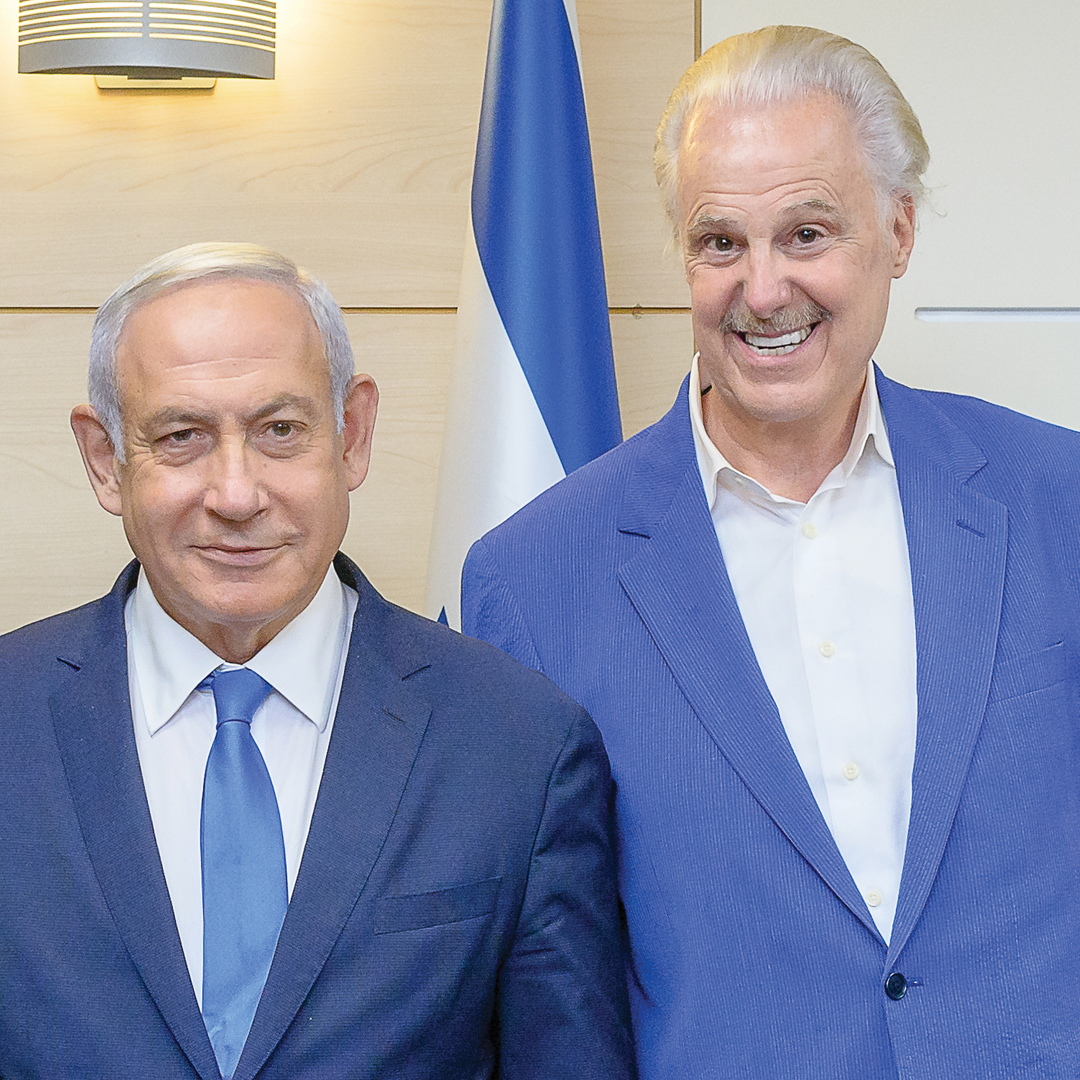
We met more than 40 years ago for the first time, and ever since that day, I have had the privilege of calling Benjamin Netanyahu my friend. It is an honor to personally know such a committed leader. I can tell you from our conversations through the years that the prime minister has a deep appreciation for the prayers and support of Christian friends.
In a 2012 speech, Mr. Netanyahu acknowledged the crucial role Believers have played in the formation and survival of the Jewish state. He said, “I don’t believe that the Jewish State and Modern Zionism would have been possible without Christian Zionism. I think that the many Christian supporters of the rebirth of the Jewish State and the ingathering of the Jewish people in the 19th century made possible the rise of modern Jewish Zionism. We always had the deeply ingrained desire to come back to our land and rebuild it. That was made possible in the 19th century, by the resurgence of Christian Zionism.”
Prime Minister Netanyahu remains a staunch friend and supporter of the United States. Israel has America’s back. On the 15th anniversary of the 9/11 terror attacks, the Prime Minister wrote, “We stand with our greatest ally the United States of America and with other partners in the battle against militant Islamic terrorism that spreads its fear, its dread, its murder around the world. Our memories are long, our determination is boundless. Civilized societies must band together to defeat these forces of darkness, and I’m sure we will.”
